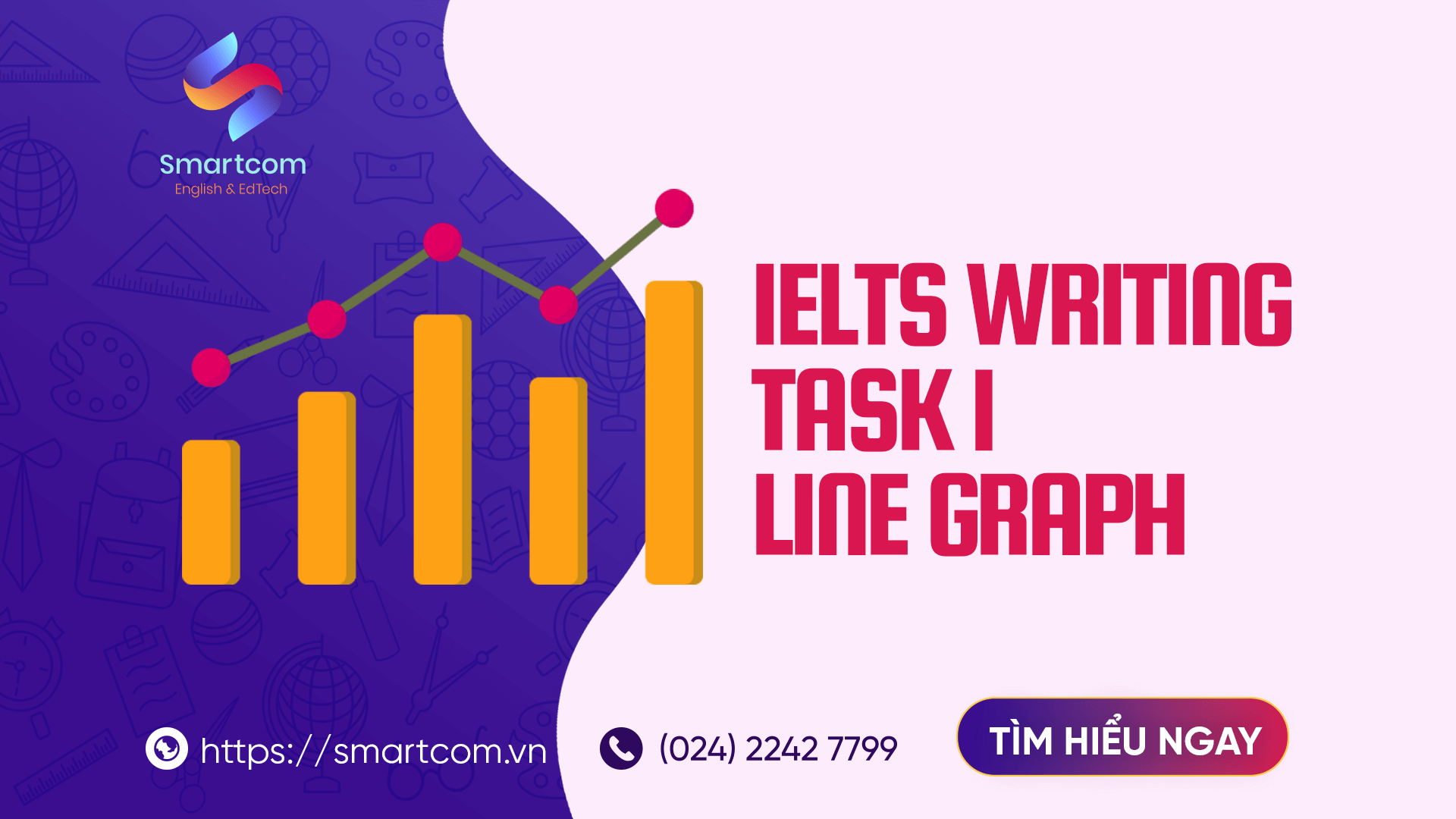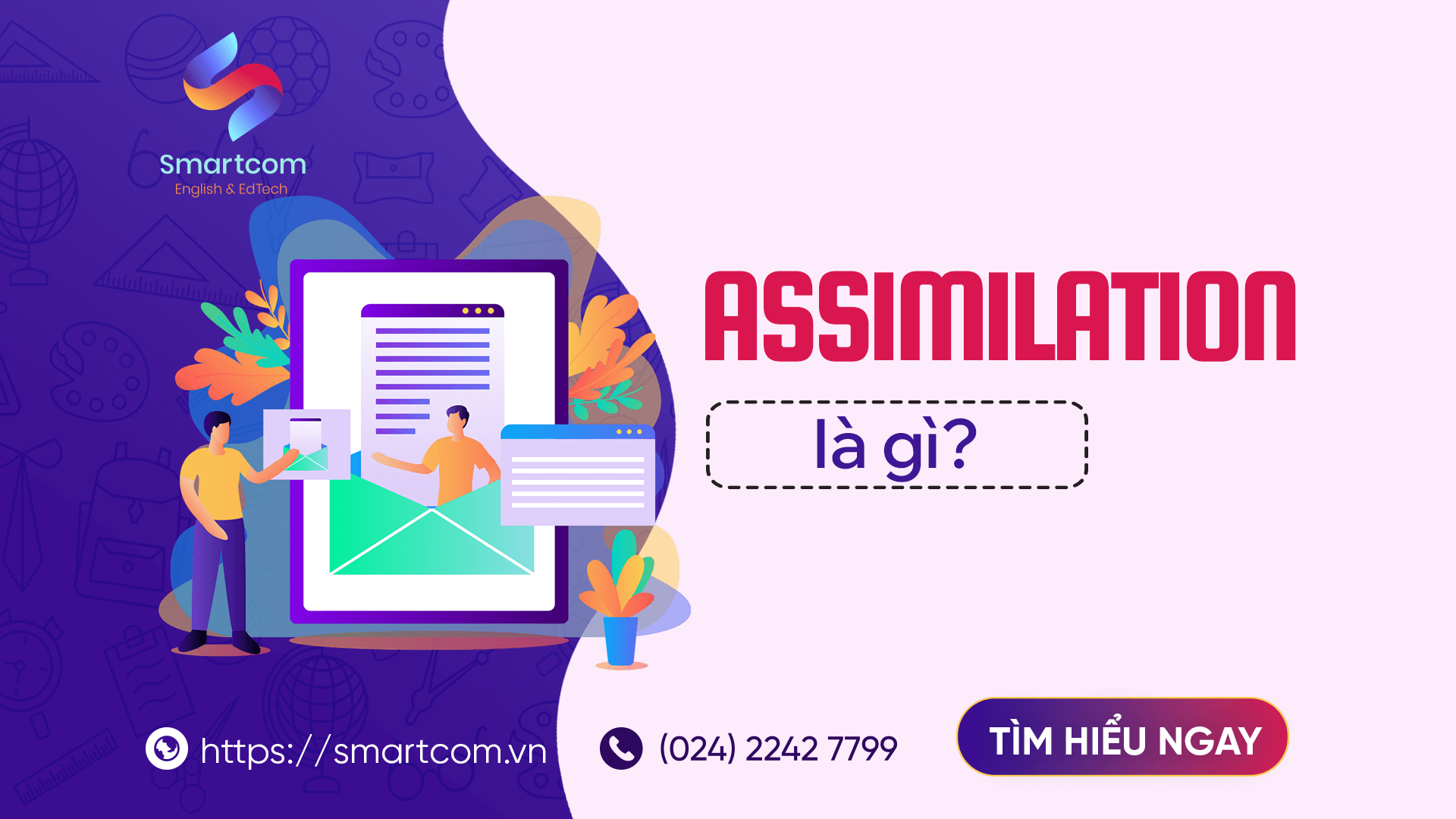Đội ngũ chuyên gia tại Smartcom English là tập hợp những chuyên gia đầu ngành trong lĩnh vực IELTS nói riêng và tiếng Anh nói chung. Với phương pháp giảng dạy sáng tạo, kết hợp với công nghệ AI, chúng tôi mang đến những trải nghiệm học tập độc đáo và hiệu quả. Mục tiêu lớn nhất của Smartcom Team là xây dựng một thế hệ trẻ tự tin, làm chủ ngôn ngữ và sẵn sàng vươn ra thế giới.
Smartcom IELTS xin gửi tới các bạn bài hướng dẫn giải đề thi IELTS trên máy ngày 3/8/2024 tại IDP Hà Nội.
Hướng dẫn chiến thuật làm bài
Đề bài
The expansion of multinational companies and increase in globalization produce positive effects for everyone. To what extent do you agree or disagree with this statement?
(IDP – IELTS Computer-delivered test – August 3th 2024)
Bước 1: Xác định rõ yêu cầu của đề bài
Khi đọc đề IELTS writing task 2, có 2 điều mà các sĩ tử quan xác định rõ từ bước đầu tiên đó là: 1. Chủ đề; và 2. Dạng bài. Cụ thể đề bài đã cho được hiểu là: “Sự lan rộng của các công ty đa quốc gia và sự gia tăng của toàn cầu hóa tạo ra những ảnh hưởng tích cực với mọi người. Bạn đồng ý hay không đồng ý ở mức độ nào với quan điểm đó?”
Như vậy, chủ đề của bài này là bàn về tác động của các tập đoàn đa quốc gia và quá trình toàn cầu hóa với người dân toàn cầu. Dạng câu hỏi là tranh luận và đưa ra ý kiến cá nhân.
Chú ý: Sĩ tử cần luyện IELTS kỹ lưỡng thì mới có thể viết bài luận tiếng Anh học thuật đáp ứng tốt 4 tiêu chí chấm điểm gồm Task Response (Đúng đề, đủ ý), Coherence and Cohesion (Bố cục logic & liên kết mạch lạc), Lexical Resources (Vốn từ vựng phong phú) và Grammatical Range and Accuracy (Ngữ pháp phong phú và chính xác), đồng thời viết trong phạm vi thời gian quy định chỉ là 40 phút với đủ độ dài (tối thiểu là 250 từ, nhưng tốt hơn hết hãy tập viết với độ dài từ 300 từ trở lên để lấy điểm số cao hơn).
Bước 2: Lên dàn ý bài viết
Thực chất bước này thí sinh sẽ không làm trong phòng thi, mà luyện tập lên dàn ý trong quá trình luyện thi IELTS rồi. Vào phòng thi, đọc đề là ta phải tận dụng toàn bộ 40 phút quý báu để viết, chứ không thể ngồi suy nghĩ về dàn ý nữa.
Hiện nay đề thi IELTS Writing Task 2 tập trung vào 5 dạng câu hỏi chính gồm:
- Agreeing vs Disagreeing
- Positive or Negative Development
- Discuss both views and give your opinion
- Outweighing
- Two-question essays
Mỗi dạng bài này đều có một số dàn ý tương ứng, và người học IELTS cần luyện trước các dàn ý này, để có sẵn dàn ý trong đầu. Khi vào bài thi, đối với mỗi câu hỏi cụ thể thì bạn chỉ cần thay ý tưởng và ngôn từ vào là có thể viết trọn vẹn một bài luận Task 2 một cách khá dễ dàng dựa vào dàn ý trong đầu đã luyện. Với dạng bài Agreeing – Disagreeing như đề thi đã hỏi, ta nên viết theo bố cục 5 đoạn văn như sau:
- Đoạn mở bài: Nêu lại vấn đề được đưa ra tranh luận bằng ngôn từ của riêng bạn. Sau đó nêu khái quát những quan điểm tranh luận đối lập nhau, và đưa ra quan điểm rằng bạn đồng ý hay không đồng ý với nhận định của đề bài.
- Đoạn thân bài 1: Nêu quan điểm đối lập mà bạn không ủng hộ. Hãy tập trung vào một ý chính duy nhất (chỉ phân tích một quan điểm chính), kèm theo lập luận và ví dụ cụ thể để tăng tính logic của bài viết. Chú ý: việc phân tích quan điểm đối lập này là điều cần thiết trong văn học thuật tiếng Anh, nó thể hiện bạn có cái nhìn khách quan, có cân nhắc đến các quan điểm khác nhau trước khi đưa ra quan điểm của cá nhân mình.
- Đoạn thân bài 2: Nêu quan điểm mà bạn ủng hộ. Hãy tập trung viết vào một quan điểm mà bạn thấy có sức ảnh hưởng nhất, không được viết nhiều hơn 1 quan điểm, để tránh bị trừ điểm Coherence and Cohesion. Sau đó đưa ra các lý do, cách thức hoặc phân tích sâu hơn về quan điểm đó, và đưa ra ví dụ hoặc bằng chứng cụ thể để khẳng định lý lẽ của bạn.
- Đoạn thân bài 3: Phân tích quan điểm cá nhân của bạn. Đoạn này bạn nêu rõ tại sao bạn ủng hộ quan điểm đã nêu ra ở đoạn thân bài 2, bằng cách đưa ra lý do ủng hộ, hoặc đưa ra những lý lẽ để bác bỏ hoặc phê phán quan điểm đối lập.
- Đoạn kết bài: Đoạn này bạn nhắc lại quan điểm của mình về việc ủng hộ mặt nào. Sau đó bạn nên viết thêm câu kêu gọi hành động hoặc lời khuyên tương ứng với mặt mà bạn ủng hộ.
Muốn viết được hiệu quả một bài luận tranh luận quan điểm như ở câu hỏi này, việc có bố cục bài viết là chưa đủ, mà bạn cần thêm tối thiểu hai điều nữa gồm: có kiến thức về chủ đề mà bạn viết kèm theo vốn từ vựng tiếng Anh của nó, và có vốn cấu trúc ngữ pháp ít nhất là đủ để hình thành các câu, diễn đạt trọn vẹn ý mà bạn muốn viết. Điều này đòi hỏi bạn phải nghiên cứu trong một thời gian nhất định, hoặc được đào tạo bởi giáo viên IELTS chuyên nghiệp.
Trước mắt, xin mời bạn nghiên cứu một số kiến thức về chủ đề sức ảnh hưởng của các tập đoàn đa quốc gia và xu hướng toàn cầu hóa tới các nước và người dân của mỗi nước ở hai mặt tích cực và tiêu cực. Đoạn gợi ý kiến thức và ý tưởng dưới đây được trình bày bằng tiếng Anh để vừa cung cấp kiến thức, vừa cung cấp cấu trúc câu, vừa cung cấp vốn từ tiếng Anh cho bạn.
Tư duy và kiến thức về chủ đề
The major positive aspects
- Economic growth and job creation: Globalization and the expansion of multinational corporations often lead to economic growth in host countries. These companies bring investments, create jobs, and contribute to tax revenues. This can significantly improve living standards for local populations.
- Technological advancement and knowledge transfer: Multinational corporations are often at the forefront of technological innovation. Their operations in different countries facilitate the transfer of knowledge and technology. This can help developing countries to improve their technological capabilities and infrastructure.
- Cultural exchange and understanding: Globalization promotes cultural exchange and understanding between different societies. It exposes people to diverse perspectives, customs, and traditions. This can lead to increased tolerance, empathy, and a more interconnected world.
The major negative influences
- Income inequality and job loss: Globalization can exacerbate income inequality both within and between countries. While it creates jobs in some sectors, it can also lead to job losses in others, particularly in manufacturing and agriculture. This can contribute to social unrest and economic instability.
- Environmental degradation: The pursuit of profit can lead multinational corporations to prioritize short-term gains over long-term environmental sustainability. This can result in pollution, resource depletion, and damage to ecosystems. Globalization can also facilitate the trade of harmful goods and practices across borders.
- Loss of cultural identity: The dominance of Western culture through globalization can erode local traditions, languages, and values. This can lead to a homogenization of cultures and a loss of diversity. Additionally, rapid economic changes can disrupt traditional livelihoods and social structures.
Bài luận hoàn thiện

In today’s modern world, the increasingly prevalent trend of globalization has led to the expansion of multinational corporations from developed countries into many less developed countries worldwide. Proponents of this trend argue that it brings numerous benefits to the people in these host countries, particularly in terms of economic development and job creation. Conversely, opponents are apprehensive about its negative consequences, especially the potential loss of cultural identity. In my view, the positive aspects of globalization outweigh the negatives.
As mentioned above, many people are concerned about the impact of globalization on the preservation of cultural identity in host countries. They argue that exposure to Western culture and the expansion of multinational corporations can erode local traditions, customs, languages, and values. For example, in Southeast Asia, many people have adopted Western clothing, live in European-style houses, and consume unfamiliar foods like fried chicken and hamburgers from global fast-food chains after decades of opening their markets to multinationals from Europe and North America. These changes have led to significant consequences, such as the loss of ancient villages to modern cities and the breakdown of multi-generational family ties, with young people leaving their communities to work in distant industrial zones for low wages.
On the other hand, supporters of globalization believe that this trend yields more benefits, particularly through the investment of multinational corporations, which stimulates economic development and creates jobs. No one can remain outside the trend of globalization without risking isolation. This inevitable trend brings wealthy corporations from developed countries to poorer economies for mutually beneficial business cooperation. These corporations invest in developing countries, providing capital for infrastructure development and creating numerous new jobs with higher wages for local workers. Moreover, multinational corporations contribute significantly to taxes in host countries and transfer advanced technology, which improves the quality of the workforce. This is evident in countries like Vietnam and China, which, after a few decades of opening up their economies, have become wealthier and more prosperous, with incomes increasing tenfold and modern infrastructure and education systems in place.
In my opinion, although globalization and the entry of multinational corporations have certain negative aspects, the benefits outweigh the drawbacks. Globalization and business cooperation with international corporations are inevitable trends for all countries. Any nation that closes its market risks isolating itself and perpetuating poverty and backwardness. Conversely, experience has shown that participating in globalization and cooperating with large corporations worldwide brings prosperity and development in all aspects. As poor countries become richer, they will have the resources to better invest in preserving their cultural identity.
In conclusion, while there are certain limitations, the trend of globalization and business cooperation with multinational corporations offers many advantages. Governments of host countries should implement appropriate policies to mitigate the drawbacks and promote the positive aspects, particularly by prioritizing the allocation of significant budgets to preserve their cultural identity. (474 words – Band 9.0)
By Smartcom IELTS Teachers
Xem thêm:
Tải ebook kỹ thuật phát triển ý trong bài IELTS Writing Task 2
Bạn đang lưỡng lự vì không biết học IELTS ở đâu tốt và thắc mắc học IELTS hết bao nhiêu tiền? Smartcom sẽ giúp bạn xóa tan những lo ngại đó với chương trình học cá nhân hóa và mức học phí dễ tiếp cận.
Thông tin liên hệ
Smartcom English
Trụ sở chính: Smartcom English – Tầng 4 nhà 29T2, đường Hoàng Đạo Thúy, khu đô thị Trung Hòa Nhân Chính, quận Cầu Giấy, Hà Nội.
Website: https://smartcom.vn
Điện thoại: (+84) 024.22427799
Zalo: 0865835099
Email: mail@smartcom.vn
Facebook: https://facebook.com/smartcom.vn
Youtube: https://youtube.com/c/smartcomvn
Kết nối với mình qua
Bài viết khác



![[PDF + Audio] Tải Sách IELTS Cambridge 19 (Kèm đáp án)](https://smartcom.vn/blog/wp-content/uploads/2024/06/ielts-cambridge-19_optimized.png)


![[PDF + Audio] Tải Sách IELTS Cambridge 17 (Kèm đáp án)](https://smartcom.vn/blog/wp-content/uploads/2024/07/sach-ielts-cambridge-17_optimized.jpg)

![[PDF + Audio] Tải Sách IELTS Cambridge 15 (Kèm đáp án)](https://smartcom.vn/blog/wp-content/uploads/2024/07/ielts-cambridge-15_optimized.jpg)








